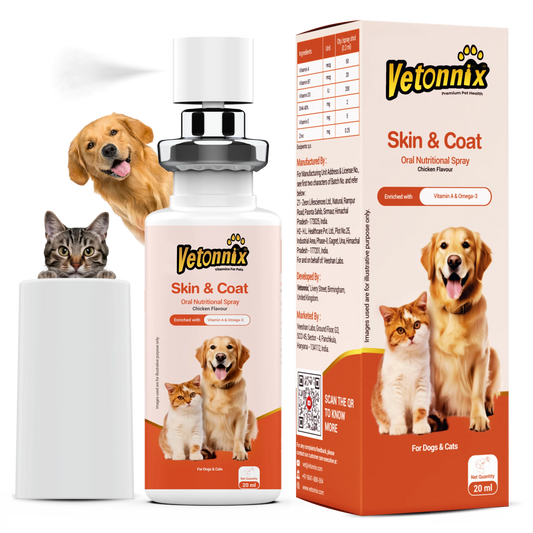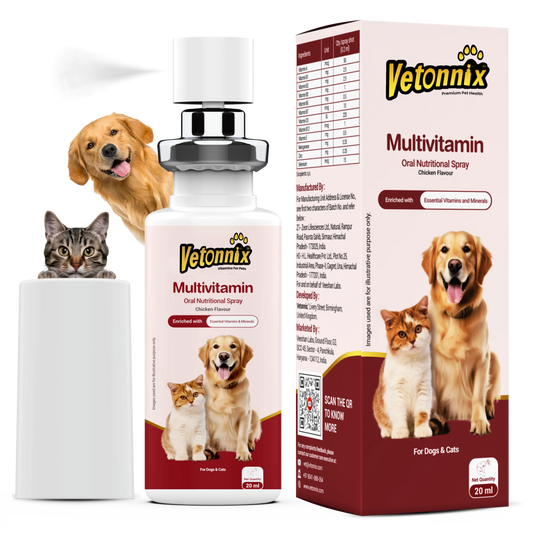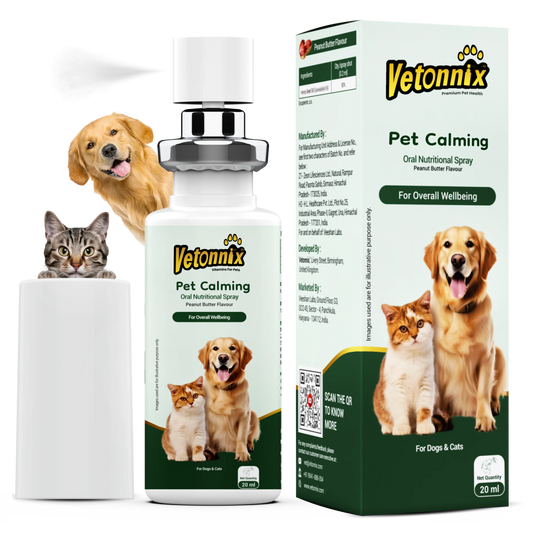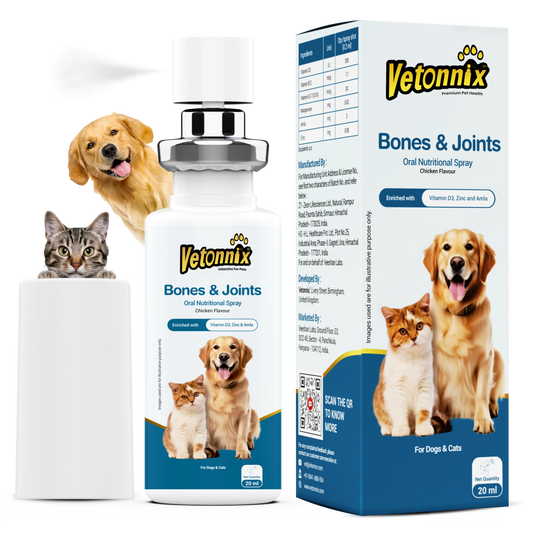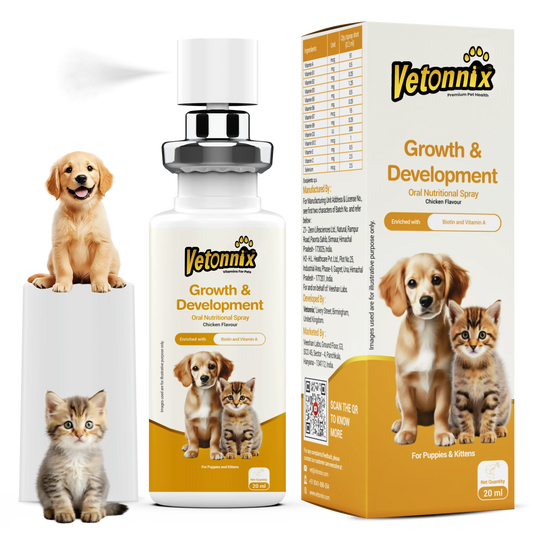Sharing your home with a pet brings endless joy and love. But unfortunately for some, it also comes with sneezing fits, itchy eyes, or constant congestion. Pet allergies can make life uncomfortable, both for you and your furry friend. And while it’s tough to see your pet suffer from allergies or be the source of yours, the good news is that there are simple, effective ways to manage the problem right at home.
In this blog, we’ll explore practical tips to reduce allergens in your environment and introduce some natural supplements that can support your pet’s health and ease allergy symptoms. With a few changes to your routine, it’s possible to enjoy life with your pet without constantly battling the discomfort of allergies.
Understanding Pet Allergies
Pet allergies are due to proteins that are shed by skin cells, and secreted in the urine or saliva of the pet. During the periods of molting, fur is shed and these proteins are then airborne, which triggers an allergic reaction. The symptoms of this condition are sneezing, running nose, stuffy nose, itchy eyes, and in some cases asthma.
Tips for Managing Pet Allergies
1. Keep Your Home Clean
Cleaning can significantly decrease the amount of allergens in your home if done frequently. Clean using a vacuum cleaner that has a HEPA filter to ensure that it collects the allergens. Vacuum carpets, rugs, and furniture often. Wash your pet’s bedding and yours frequently to minimize the accumulation of allergens. Wipe the surfaces with a damp cloth to avoid the suspension of allergens in the air.
2. Limit Pet Access
One way to avoid allergens is to limit the areas where pets can go in the house. To avoid sleeping in a room where your pet has moved around, confine it to a different room to avoid it soiling your bed. Do not allow pets to sit on furniture to minimize the amount of dander on cushions you frequently come across.
3. Bathe Your Pet Regularly
Bathing your pet often can also help minimize the amount of dander, or dead skin cells, that your pet releases into the environment. Weekly bathing of your pet can reduce the level of allergens in your home by a large percentage. You can use a pet-friendly hypoallergenic shampoo to minimize skin irritation to your pet.
4. Groom Your Pet
The grooming must be done frequently to minimize the shedding and the presence of dander in the coat. Bathe your pet outside to get rid of the shedding skin and dander. Grooming pets with long hair should be a professional activity.
5. Wash Your Hands
If you have a pet, it is advisable to wash your hands every time after touching the pet, or after cleaning the pet’s area to prevent spreading the allergens to your face or other items.
Supplements for Allergies in Pets
Apart from lifestyle changes, some supplements can be of help in decreasing allergy signs.
1. Omega-3 Fatty Acids
Fish oil contains omega-3 fatty acids that decrease inflammation which leads to allergy symptoms. Omega-3s are useful in decreasing inflammation in the respiratory system, and therefore lessening symptoms such as congestion and sneezing. Some sources of omega-3 are fish oil products, flaxseed, and chia seeds.
2. Quercetin
Quercetin is a natural plant flavonoid that works as an anti-inflammatory agent and also has antihistaminic properties. It also can reduce the output of histamines, which are compounds that a pet’s body creates when they have an allergy. Quercetin is available in form supplements and it is also present in foods such as apples, berries, and onions.
3. Bromelain
Pineapple contains an enzyme called Bromelain which is used to treat inflammation. It can help with inflammation and possibly help with breathing by decreasing the amount of mucus that is produced. One can purchase bromelain supplements and it is also present in fresh pineapple.
4. Probiotics
Probiotics are friendly bacteria that are good for the intestines and may help strengthen the body’s defense. Probiotics help your body respond positively to allergens and have anti-inflammatory effects on the body. Probiotics are present in tablets and capsules and also in foods that have been through the fermentation process such as yogurt, kefir, and sauerkraut.
5. Vitamin C
Vitamin C has also been found to be effective in combating allergy-related symptoms since it is an antihistamine and an antioxidant. It may assist in lowering the histamine levels in the body and thus reduce the signs and symptoms of sneezing and itching. Vitamin can be taken as supplements; it is also obtained from fruits such as oranges, strawberries, and bell peppers.
Conclusion
Having pet allergies does not entail that one cannot keep pets at home. Therefore, proper home sanitation, confining the pet’s access to the house, regular washing and grooming of the pet, and supplements are some of the ways through which you can deal with your symptoms.
It is always advisable to seek professional advice from physicians regarding the most appropriate treatment for the situation. It is therefore possible to have the company of furry friends without having to endure the effects of allergies by applying the right measures.




